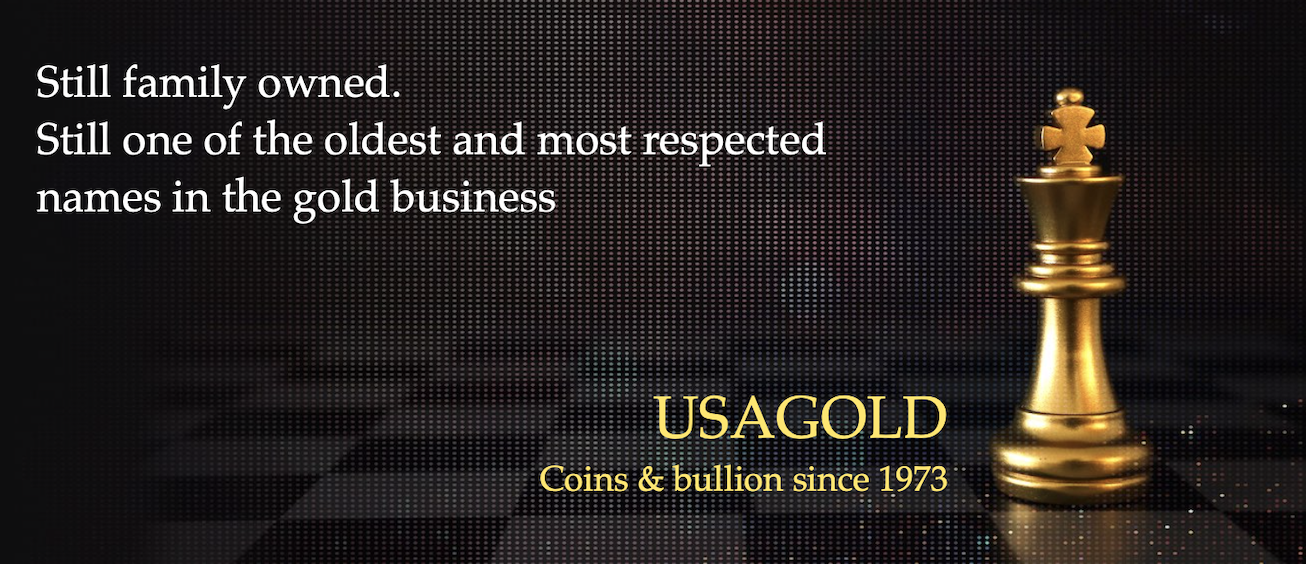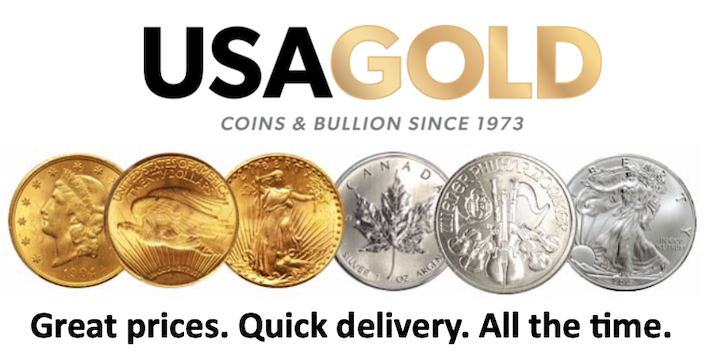Gold Classics Library Selection
Charles DeGaulle’s “Criterion” Speech
“No currency can compare, either by a direct or an indirect relationship, real or imagined, with gold”
Editor’s note: Charles DeGaulle’s “Criterion” speech remains perhaps the most eloquent short discourse ever delivered on gold’s historical role as the final arbiter of value. In 1965, when these words were first uttered at the Palais de l’Élysée, DeGaulle’s intent was to explain why France and other European countries believed it necessary to convert their dollar holdings to gold and have the bullion delivered within European borders for safekeeping. Were the French president alive today to witness the growth of American trade imbalances, their translation to U.S. sovereign debt and gold’s coincident price performance, he certainly would have felt a sense of vindication. Following DeGaulle’s original example, millions around the world from that era forward have owned gold as a standard of reliability – a “criterion” as he put it – against which “no currency can compare.”
by Charles DeGaulle

Obviously, there are other consequences to this situation. There is, in particular, the fact that the United States, for want of having necessarily to pay in gold, at least totally, for their negative balances of payment in accordance with the old rules, that required countries to take the required steps, sometimes rigorously, to remedy their imbalance, is suffering year after year from a deficit balance. No less because the total of their commercial exchanges is to their disadvantage. Quite the opposite! Their material exports always exceed their imports. But that is also the case for dollars, exports of which are always in excess of imports. In other words, capital sums are being built up in America, by means of what should really be called inflation, which, in the form of dollar loans granted to countries or to private individuals, are being exported. As, in the United States itself, the increase in currency circulation that results from this makes investments within the country less remunerative, there is an increasing trend there to invest abroad.
This leads, for certain countries, to a sort of expropriation of some of their companies. Certainly, such a practice has greatly facilitated, and still encourages to a certain extent, the multiple and considerable aid that the United States is providing to a large number of countries, to be used for their development, and from which we, on other occasions, have ourselves widely benefited. But circumstances are such today that we can even wonder how far the problem would go if the countries that hold dollars wanted, sooner or later, to change them into gold? Although such a general movement would never take place, it is still the fact that there is an imbalance that is, to a certain extent, fundamental.
For all these reasons, France is in favor of the system being changed. We know that France said this, in particular, at the Tokyo Monetary Conference. Given the universal jolt that a crisis in this field would probably cause, we have every reason to hope that the steps to avoid it are taken in time. We therefore believe it to be necessary for international exchanges to be established, as was the case before the world’s great misfortunes, on an unquestionable monetary basis, that does not carry the mark of any particular country.
What basis? Indeed, we cannot see that, in this respect, there can be any other criterion, any other standard, than gold. Oh, yes! Gold, which never changes its nature, which can be shaped into bars, ingots or coins, which has no nationality and which is eternally and universally-accepted as the unalterable fiduciary value par excellence. Moreover, despite everything that could be imagined, said, written, done, as huge events happened, it is a fact that there is still today no currency that can compare, either by a direct or an indirect relationship, real or imagined, with gold. Without doubt, we could think of imposing on each country the way it should behave within its borders. But the supreme law, the golden rule — we can truly say — that should be reapplied, with honor, to international economic relationships, is an obligation to make up, between one monetary zone and the next, by effective deliveries and withdrawals of precious metals, the balance of payments resulting from their foreign exchanges.”
Source: The World Gold Council; Charles De Gaulle, 1971, 4, pp. 325-342, esp. 330-334. The English translation of this excerpt is drawn from Lacoutre, 1991, p. 381; Excerpt from a press conference of French President Charles de Gaulle at the Palais de l’Élysée calling for the return of a ‘gold exchange standard’; February 4, 1965
A word on USAGOLD – USAGOLD ranks among the most reputable gold companies in the United States. Founded in the 1970s and still family-owned, it is one of the oldest and most respected names in the gold industry. USAGOLD has always attracted a certain type of investor – one looking for a high degree of reliability and market insight coupled with a professional client (rather than customer) approach to precious metals ownership. We are large enough to provide the advantages of scale, but not so large that we do not have time for you. (We invite your visit to the Better Business Bureau website to review our five-star, zero-complaint record. The report includes a large number of verified customer reviews.)
ORDER DESK
1-800-869-5115 Ext#100
[email protected]
Disclaimer – Opinions expressed on the USAGOLD.com website do not constitute an offer to buy or sell, or the solicitation of an offer to buy or sell any precious metals product, nor should they be viewed in any way as investment advice or advice to buy, sell or hold. USAGOLD, Inc. recommends the purchase of physical precious metals for asset preservation purposes, not speculation. Utilization of these opinions for speculative purposes is neither suggested nor advised. Commentary is strictly for educational purposes, and as such USAGOLD does not warrant or guarantee the accuracy, timeliness or completeness of the information found here.



